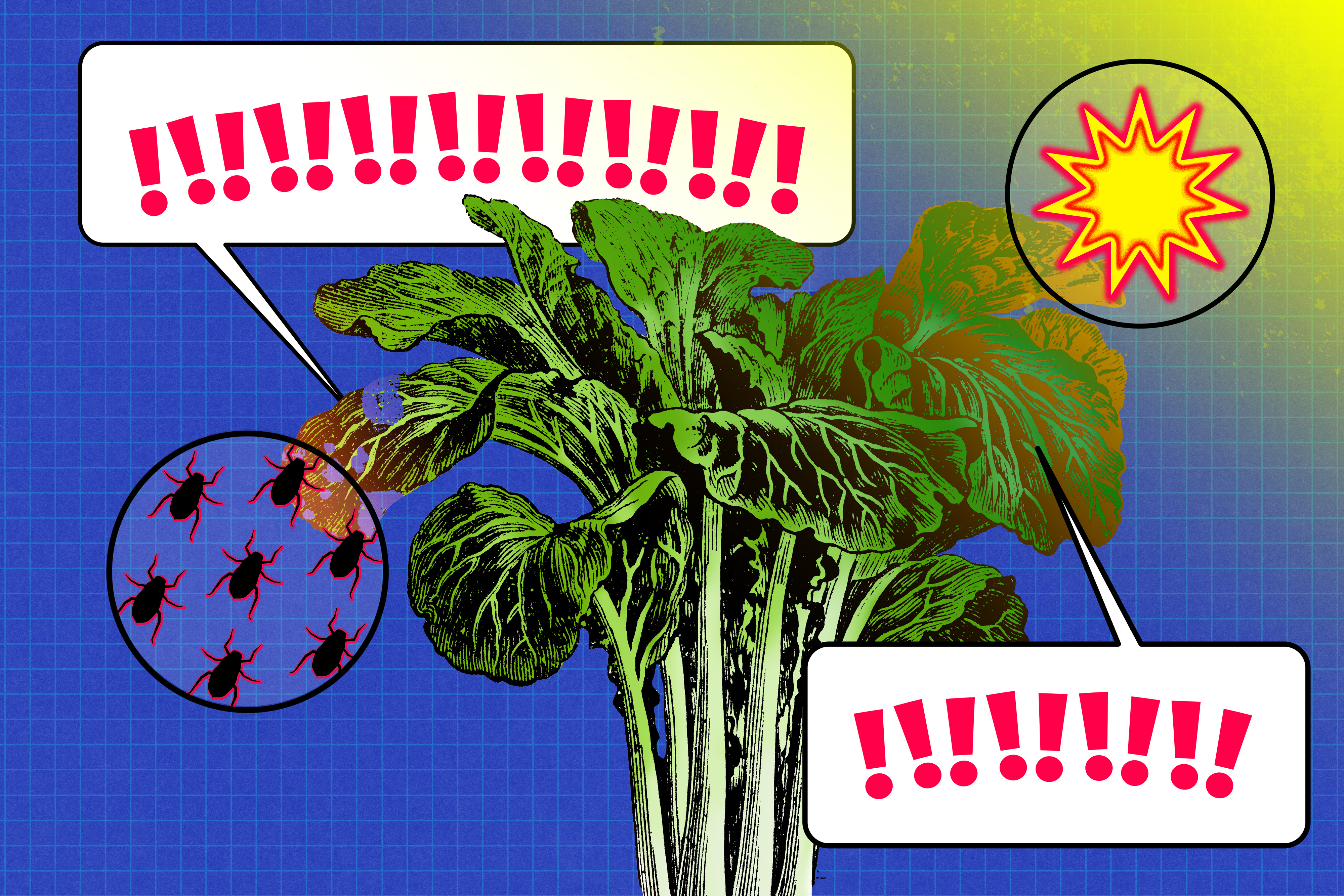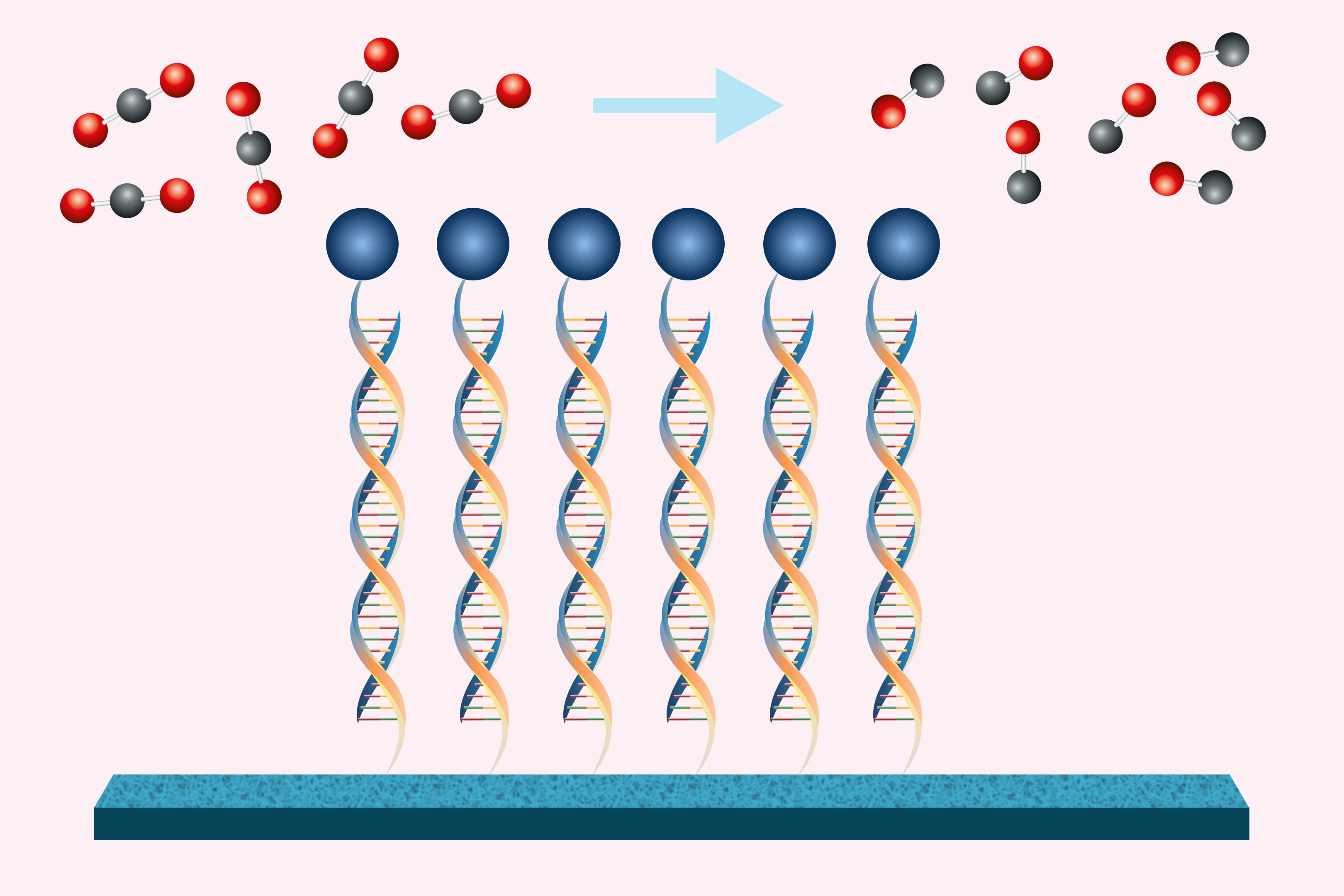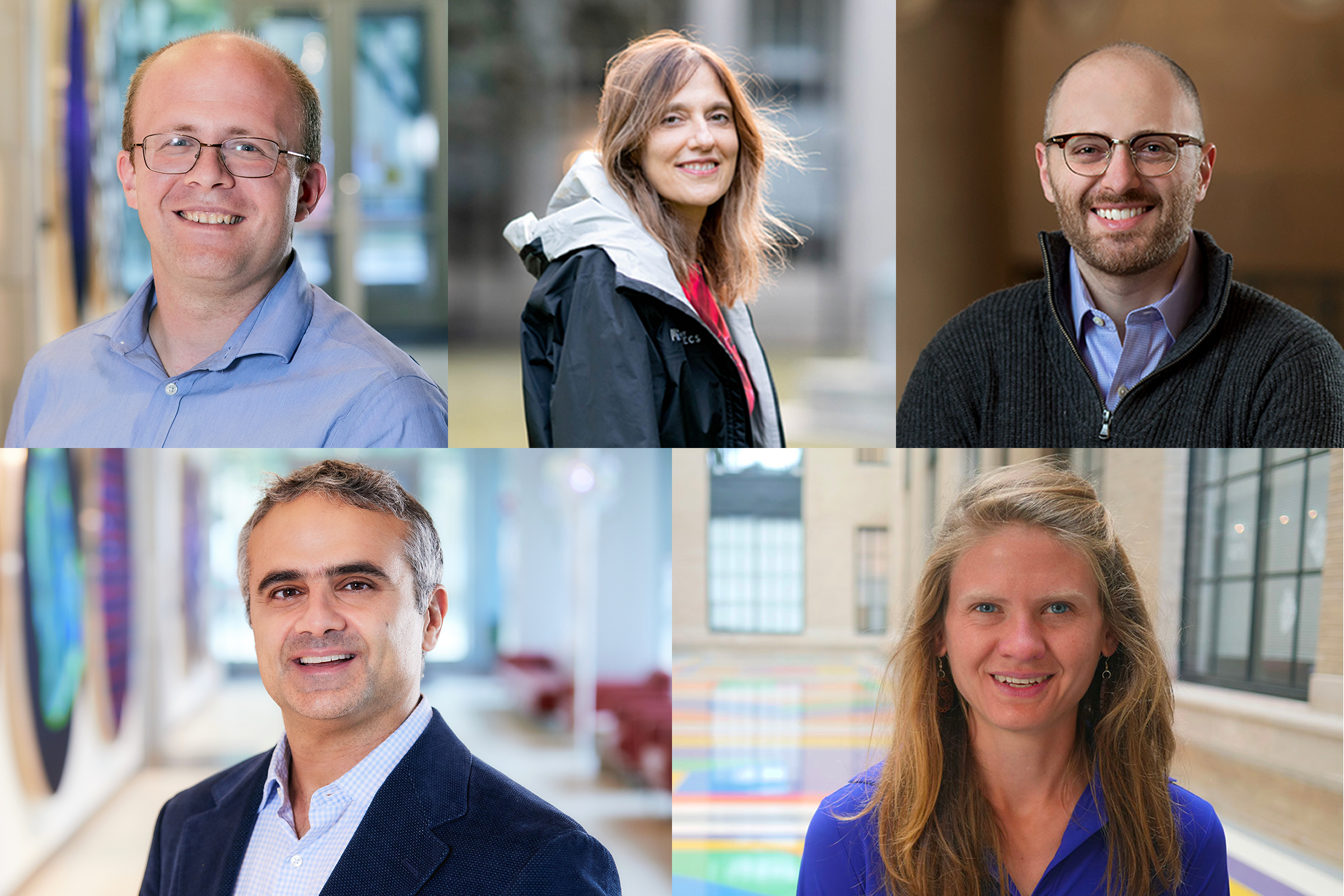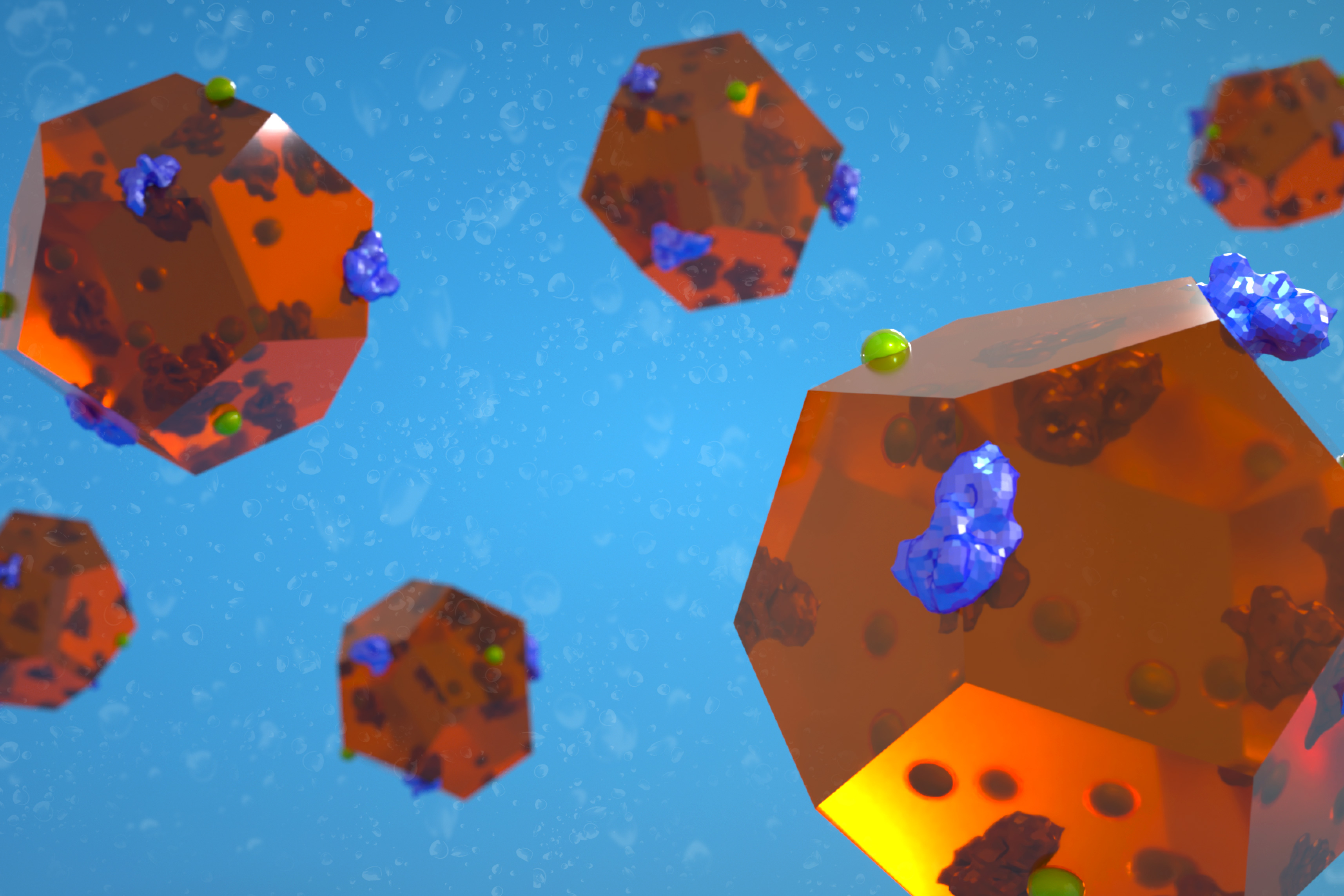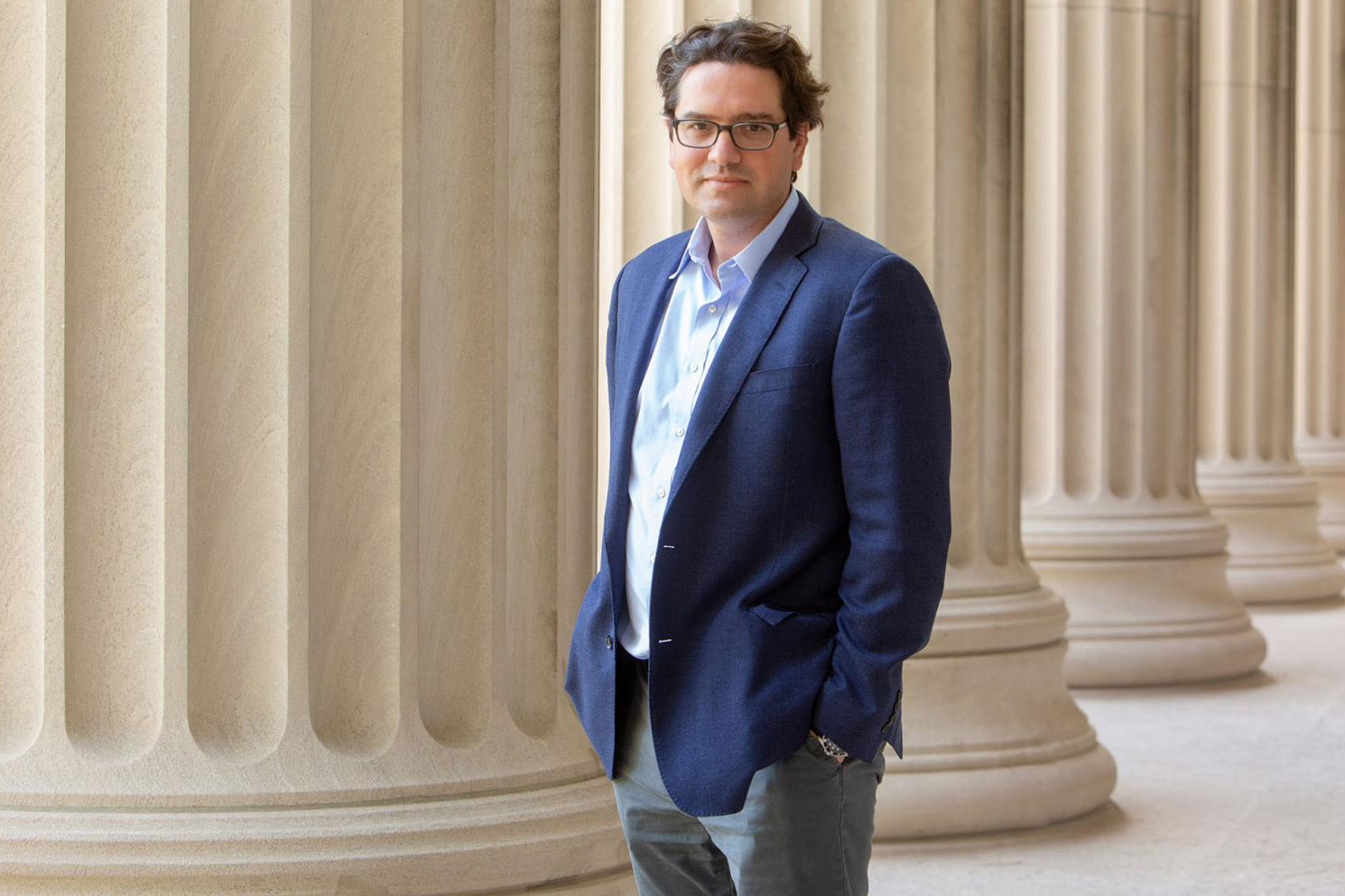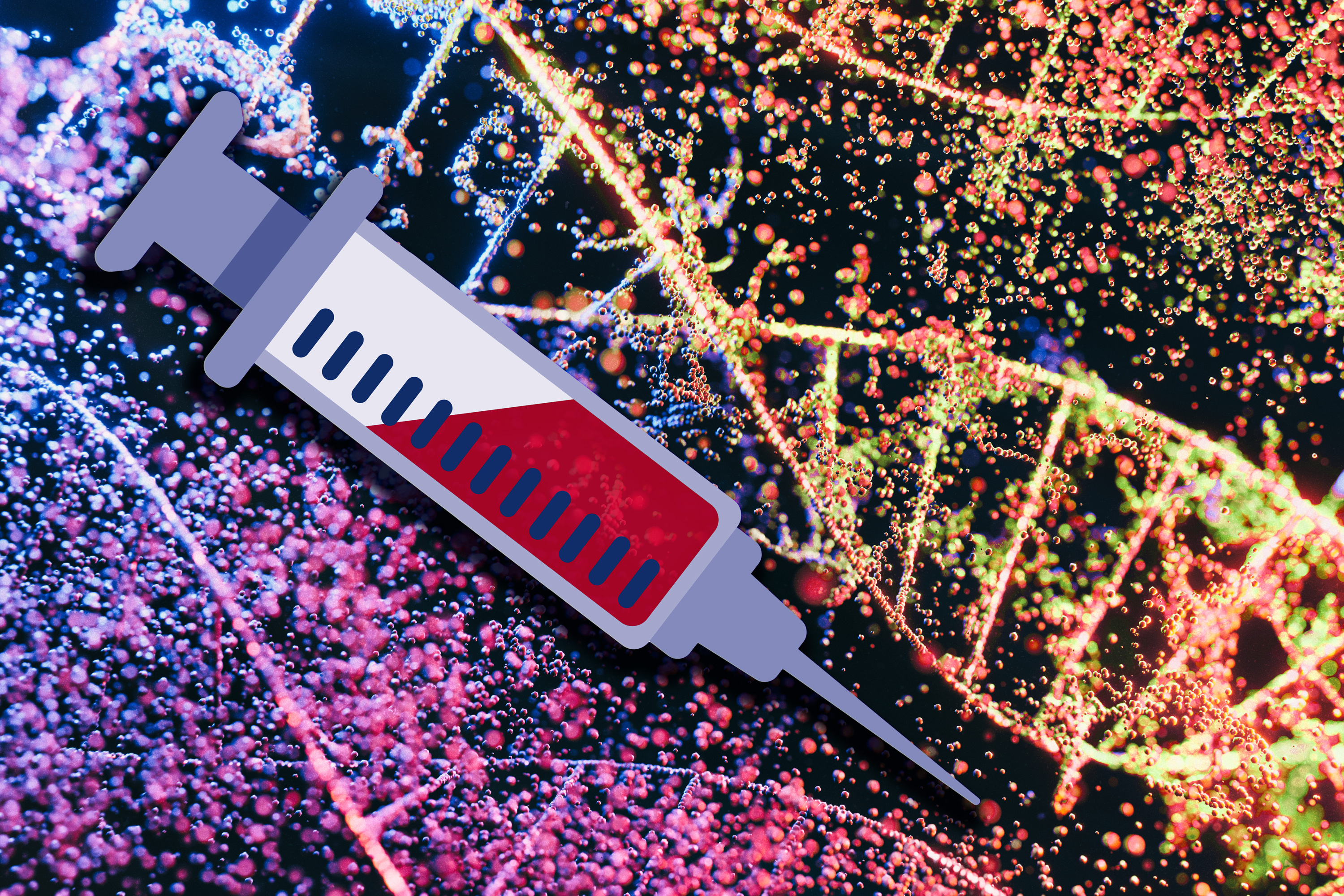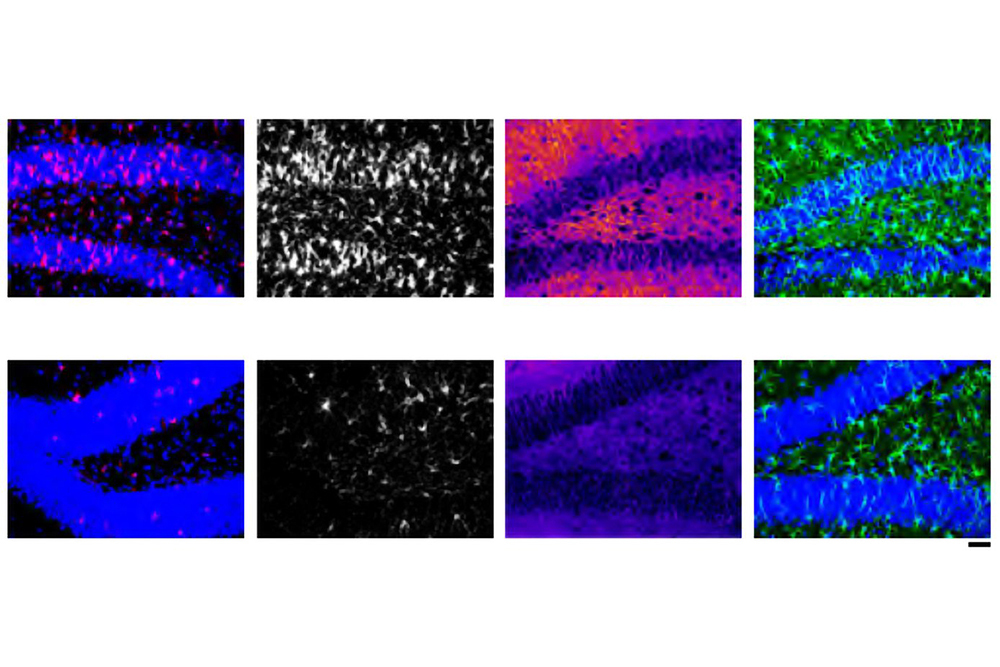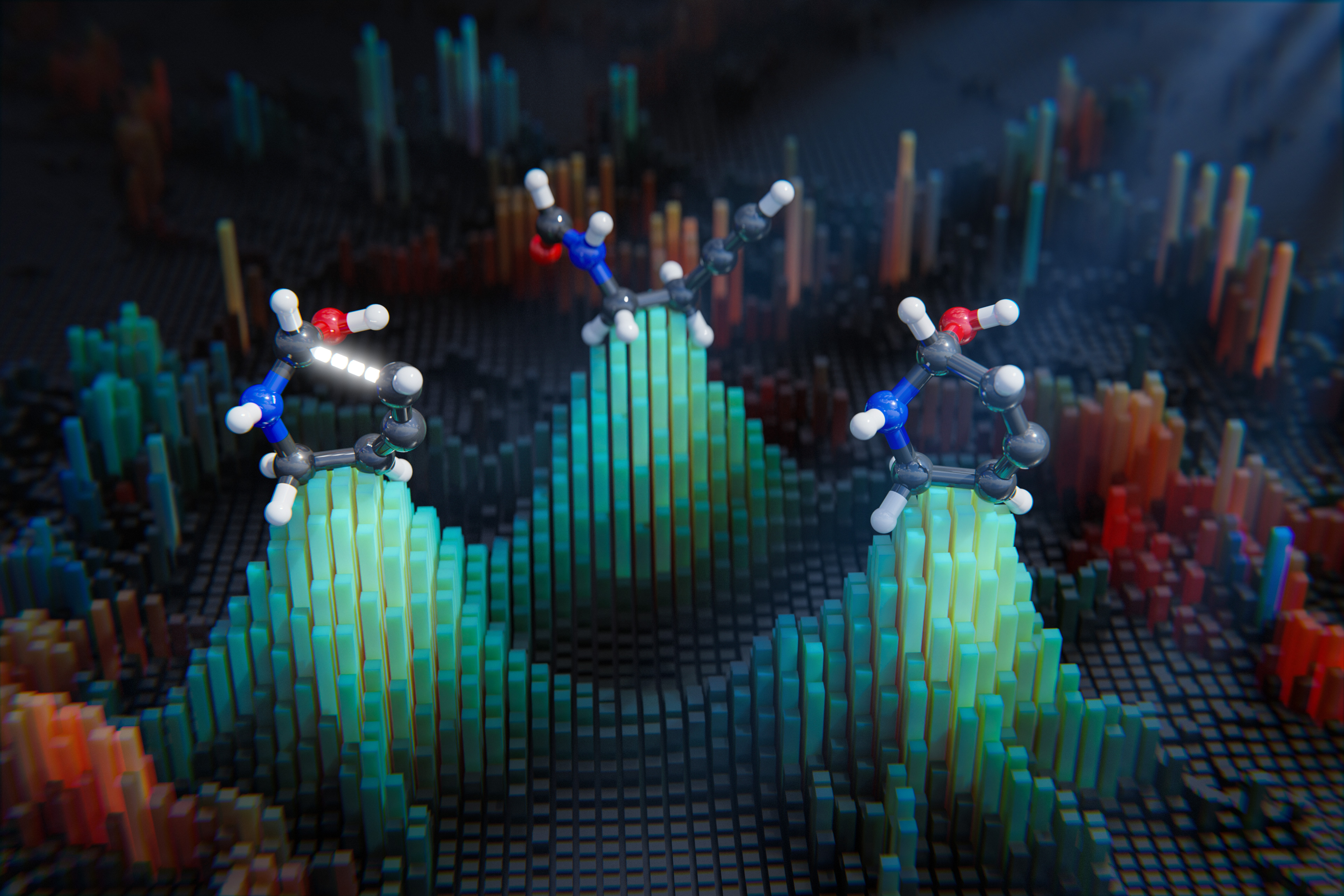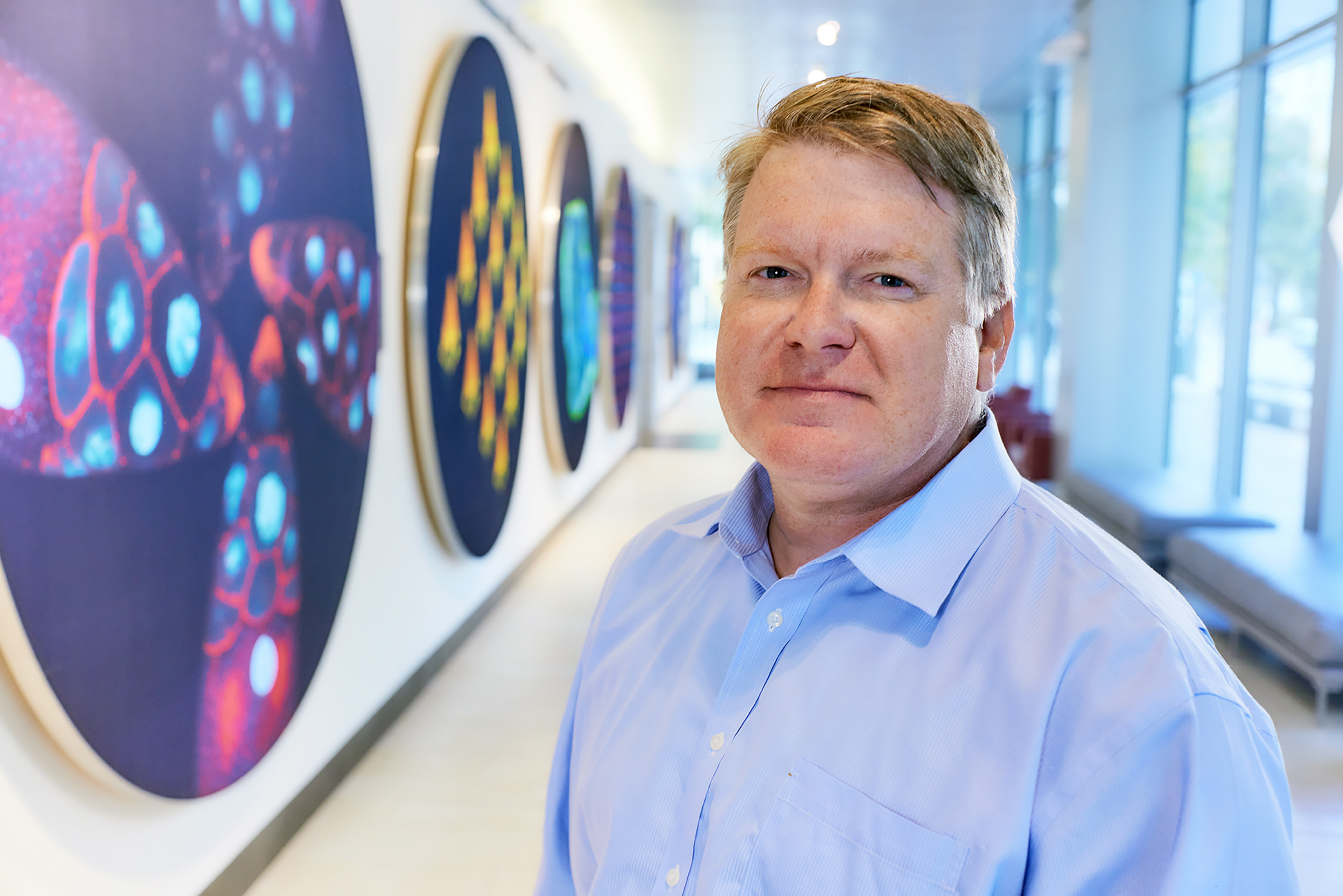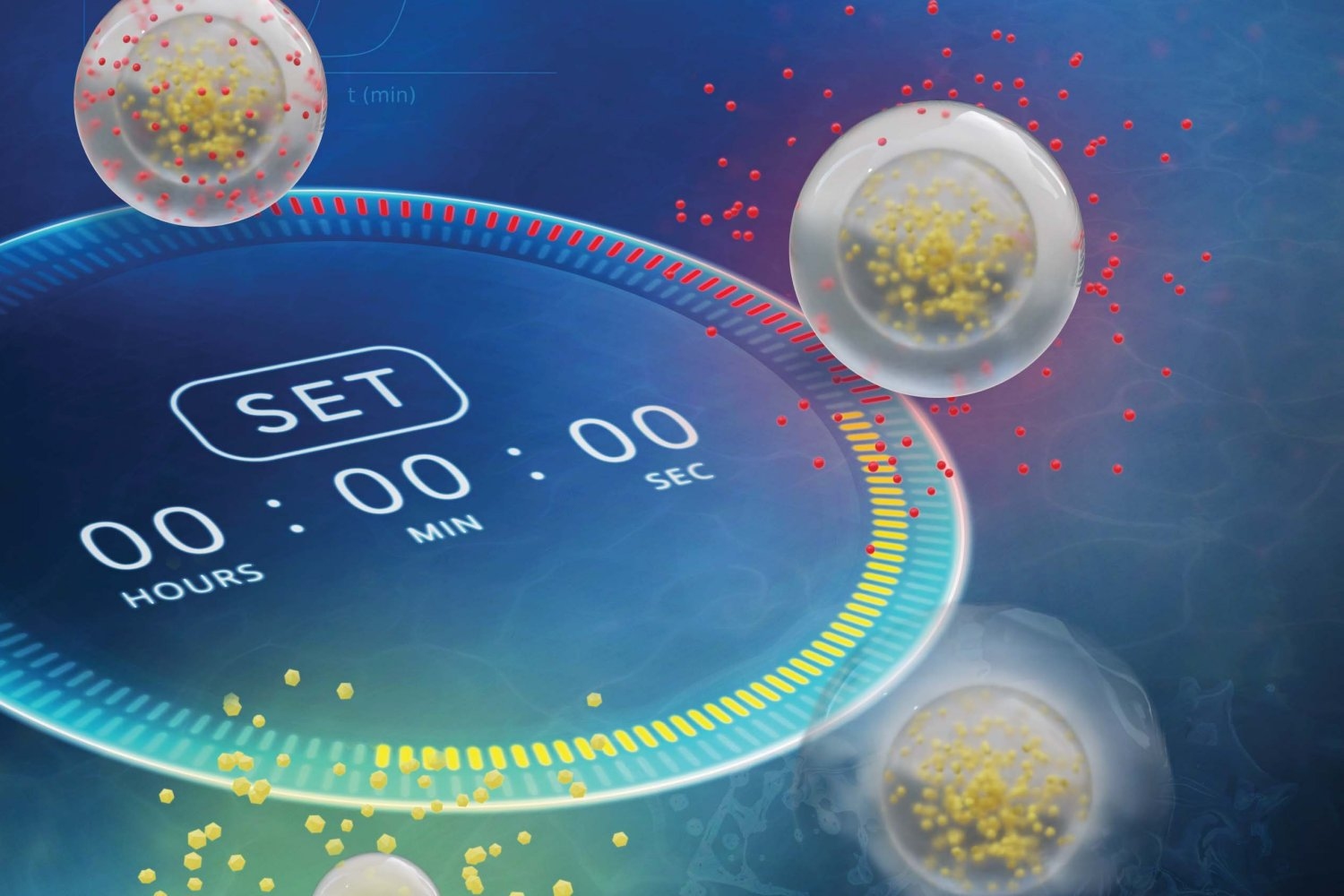MIT-led team receives funding to pursue new treatments for metabolic disease
Awarded $65.67 million from ARPA-H, the researchers will work to develop ingestible capsules that deliver mRNA and electric stimuli to treat metabolic disorders such as diabetes.
Anne Trafton | MIT News •
mit
Feb. 5, 2024 • ~6 min
Feb. 5, 2024 • ~6 min
Nanoparticle-delivered RNA reduces neuroinflammation in lab tests
MIT researchers find that in mice and human cell cultures, lipid nanoparticles can deliver a potential therapy for inflammation in the brain, a prominent symptom in Alzheimer’s.
David Orenstein | Picower Institute •
mit
Dec. 15, 2023 • ~7 min
Dec. 15, 2023 • ~7 min
/
40

